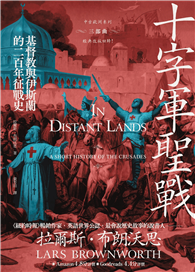Zoroastrianism was the religion of the ancient Persian kings and following the Arab conquest, it remained the religion of a significant portion of the population in Iran and parts of Central Asia. This book investigates the most important polemical treatise in the Zoroastrian tradition, the Skand Gumānīg-Wizār ("The Doubt-Dispelling Disquisition"), which was written by the theologian and philosopher Mardānfarrox son of Ohrmazddād. The text was composed in the ninth or tenth centuries in a language known as Middle Persian.
A sophisticated work of rationalist theology, the Skand Gumānīg-Wizār systematically critiques several rival religions of the late antique and early medieval Middle East, including Islam. The critique of Islam found in chapters 11 and 12 is the only sustained, systematic polemic against Islam in premodern Zoroastrian literature, one that attacks monotheism by focusing on the problem of evil. The text is of fundamental importance for understanding Iran’s transformation from a predominantly Zoroastrian society to a predominantly Muslim one during the Early Middle Ages.
This is the first book devoted to the Islamic sections of the Skand Gumānīg-Wizār. It provides a new translation and commentary of these important sections along with introductory chapters that explore Zoroastrians’ relationship with other religions in Late Antiquity and the early Islamic period; Mardānfarrox’s intellectual milieu (especially the influence of Islamic theology and interreligious debates); and the history of Zoroastrian polemics against Islam.











